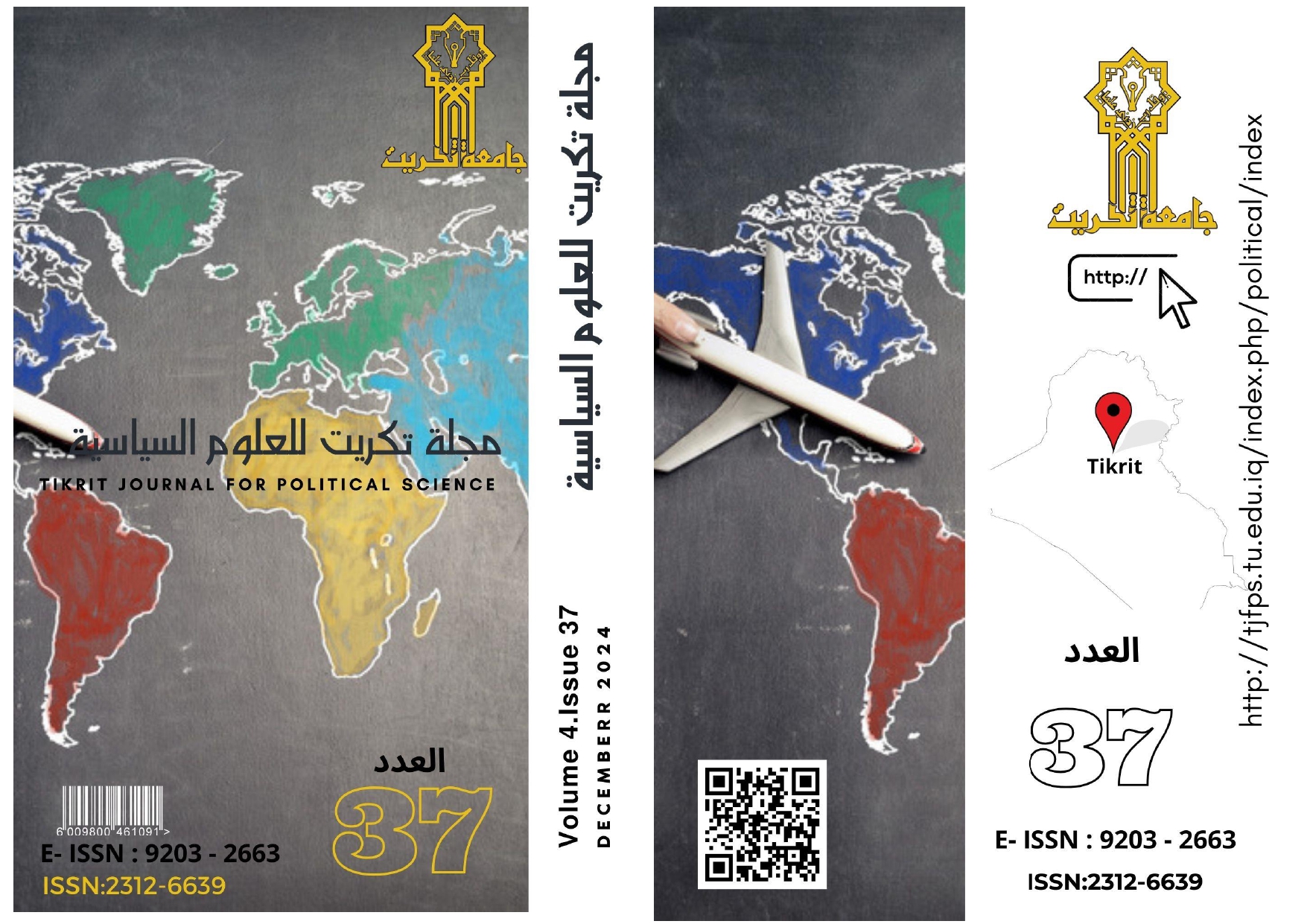Ways to develop national values in Iraq after 2017
DOI:
https://doi.org/10.25130/tjfps.v4i37.409Abstract
After 2017, Iraq witnessed clear transformations in the political, security and social scene, especially after the end of the military control of the terrorist ISIS groups in the lands and some Iraqi cities after 2014.
The liberation of these Iraqi cities from the clutches of ISIS terrorism was not the end of the road, but rather created a set of challenges for the stage following 2017, as it became very necessary for everyone to move forward to strengthen the Iraqi national values that were one of the reasons for the events of 2014, within the framework of restoring bridges of trust between society and the state, and between society itself in the form of national identity and societal unity in all its aspects.
The means of developing Iraqi national values have implications, the first of which is developing the educational system that leads to love of the homeland in the behavior of young generations, considering that youth are one of the resources of the present and builders of the future, and that the Iraqi national political decision should be a true partnership, far from sectarian extremism and ethnic and regional division.
The media, in all its forms and diversity, must achieve the development of societal coexistence and acceptance of the other because he is a citizen like all citizens in the country and confronts any danger that threatens societal peace. And qualifying the youth who are aware of their challenges, as they are a fundamental pillar in the country’s present and future, is one of the most important resources for developing national values in society and the country.
All this requires redrawing the general policies in Iraq, its past and its future, by creating constitutional institutions whose goal is to achieve the public good and nothing else, in addition to building a national collective
memory based on building the state and belief in a better future for Iraq.


